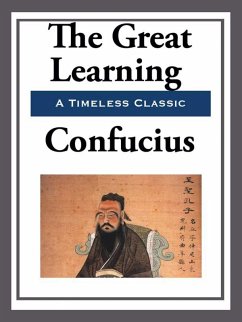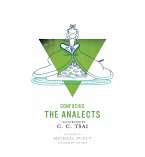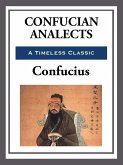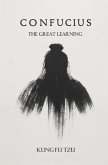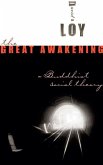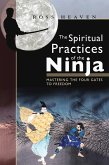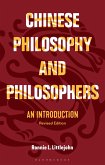The Great Learning is the first of the Four books which were selected by Zhu Xi during the Song Dynasty as a foundational introduction to Confucianism. It was originally one chapter in Classic of Rites. The book consists of a short main text, attributed to Confucius, and nine commentaries chapters by Zeng Zi, one of Confucius' disciples. Its importance is illustrated by Zeng Zi's foreword that this is the gateway of learning. Some of the terms within the text form an important part of both classical and modern Chinese political discourse. For example, the concept of world peace has been the stated goal of Chinese statecraft from the Zhou dynasty to the Kuomintang to the Communist Party of China. Another term used in the text qin-min which Legge translates as renovating the people is the name of the People First Party, one of the minor parties in Taiwan. The Great Learning is significant because it expresses many themes of Chinese philosophy and political thinking, and has therefore been extremely influential both in classical and modern Chinese thought. Government, self cultivation and investigation of things are linked. It links together individual action in the form of self-cultivation with higher goals such as ultimate world peace as well as linking together the spiritual and the material. By defining the path of learning (tao) in governmental and social terms, the Great Learning both links the spiritual with the practical, and creates a vision of tao that is radically different than that presented by Taoism. In particular, the Great Learning sets Confucianism as being this-worldly rather than other-worldly. Instead of basing its authority on an external deity, the Great Learning bases its authority on the practices of ancient kings. The text also sets up a number of controversies that have underlain Chinese philosophy and political thinking. For example, one major controversy has been to define exactly the investigation of things. What things are to be investigated and how has been one of the crucial issues of Chinese philosophy.
Dieser Download kann aus rechtlichen Gründen nur mit Rechnungsadresse in A, B, BG, CY, CZ, D, DK, EW, E, FIN, F, GR, HR, H, I, LT, L, LR, M, NL, PL, P, R, S, SLO, SK ausgeliefert werden.

